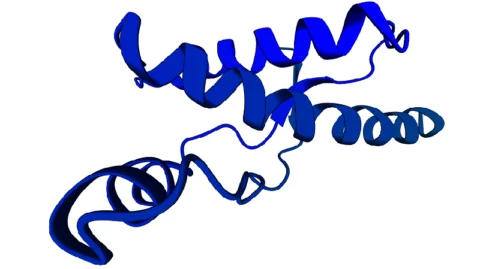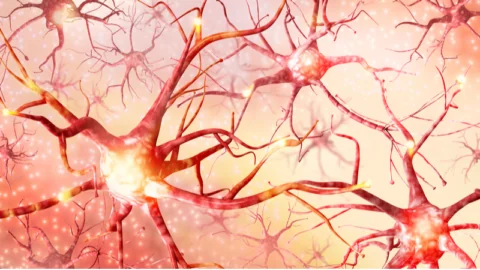About Sedeer el-Showk, Ph.D. Sedeer became a professional science writer after finishing a degree in biology. He also writes poetry and sff, and somehow juggles an ever-growing list of hobbies from programming to knitting to gardening. Eternal curiosity and good fortune have taken him to many parts of the world, but he’s settled in Helsinki, Finland for the moment. He hopes he’ll never stop learning new things.
Articles from this author
October 01, 2021
Cells from the breasts of women with mutations that increase their risk of breast cancer show signs of accelerated aging, according to new research [1]. Accelerated aging may make these cells worse at suppressing cancer development, offering both an explanation for the effect of these mutations and an unexplored path for possible treatments. Risky mutations...
September 23, 2021
Changing a single amino acid in a single protein boosts the fidelity of protein synthesis, and that is enough to increase lifespan in a variety of organisms, according to new research [1]. Proofreading proteins The loss of proteostasis is one of the hallmarks of aging. However, much of the research on the topic has focused...
September 16, 2021
In a paper in Frontiers in Genetics, Maël Lemoine of France’s CNRS offers an evolutionary perspective on the hallmarks of aging [1]. This review examines the appearance of the hallmarks in different groups across the tree of life, with the aim of providing a comprehensive picture of how the mechanisms of aging have evolved. With...
September 09, 2021
Boosting the expression of the transcription factor NANOG reduces markers of cellular senescence in cultured muscle cells and in live mouse models, according to new research [1]. This holds out the hope that cells could be rejuvenated without reprogramming them to pluripotency, avoiding some of the associated risks such as oncogenicity. However, some of the...
September 03, 2021
Cognitive decline and neurological aging may involve a peptide known as adropin, according to new research. The identification of this link offers a new perspective on the aging brain and points to novel potential therapies. A newly discovered metabolic neuropeptide The adropin protein is encoded by the Energy Homeostasis Associated (ENHO) gene, and as the...
August 12, 2021
Epigenetic clocks have become a mainstay of longevity research over the past few years, with new clocks regularly being established for different species and tissues as well as promising research that uses and builds on these clocks. An international research team has recently created a different kind of clock, an inflammatory aging clock that predicts...








